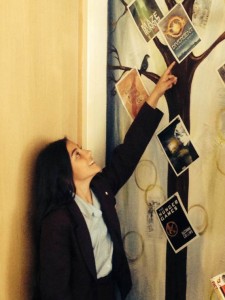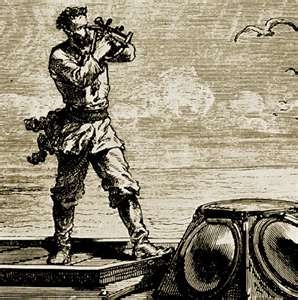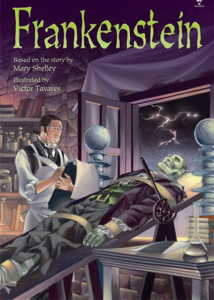 In common with all schools , we have put a great deal of effort into promoting reading across the curriculum. Historically, this has been driven by the English department. However, more recently we have taken steps to involve all subject areas in this drive to promote ‘wider reading’ amongst the pupil population.
In common with all schools , we have put a great deal of effort into promoting reading across the curriculum. Historically, this has been driven by the English department. However, more recently we have taken steps to involve all subject areas in this drive to promote ‘wider reading’ amongst the pupil population.
Promoting Reading through English
Accelerated Reader
For the last three years or so the English Department has used Accelerated Reader in order to track pupils’ progress in reading in years 7,8 & 9. The programme demands that all of the library stock is colour-coded according to difficulty. Pupils take a baseline test at the beginning of the year and are directed to choose texts from a colour range which will provide a sufficient level of challenge to ensure that they continue to develop as readers. Having read the book they take an online test and, at three points during the year, the baseline test is repeated to see whether or not they are ready to progress to the next colour range.
Pupils read silently for five minutes at the beginning of each English lesson and spend one a fortnight in the library. This is given over to discussing new genre, choosing books, reading testing and engaging in related activities, such as writing reviews. The programme is supported by our fantastic school librarians, Pat and Anne who promote reading by running competitions and helping pupils choose books. The pupils themselves keep a reading log, which parents sign to indicate that reading homeworks have been completed. The log also provides guidance for parents on how to support their children in their reading.
Some of the benefits of Accelerated Reader
Transition: pupils will have usually taken part in similar programmes at junior school.
Purpose: the programme ensures that pupils’ reading is purposeful and promotes their progress as readers. It helps avoid that situation in which pupils repeatedly choose to read books with minimal challenge.
Parents evenings: the data provided by the programme is used at parents evenings as a focus for discussion.
Drawbacks
The programme is expensive and requires the commitment of the English department if it is to run successfully. This requires the constant vigilance of English teachers in ensuring that pupils choose books within their range and ‘test’ regularly. This is a further burden on over-worked English teachers. However, in my experience, when teachers can see the positive effects of their hard work – particularly in this key area, they are prepared to take on this additional responsibility.
Promoting different genre
It has often been noted that while people are very happy to identify themselves as poor in Maths they would not be as keen to admit to difficulty in reading. What is more, we have noticed what may be a related phenomenon: increasingly pupils and adults are very comfortable announcing that they don’t read. This is a disturbing development and there is no simple solution. However, we believe that part of the problem is that pupils do not know what to read. We ask them to choose a book and they don’t really know where to start.
In order to address, this our fantastic Literacy Co-ordinator, Yvonne Daley, has developed leaflets introducing key genre, such as Horror. Each leaflet contains extracts from classics of the genre, as well as the more recent examples, including genre mash-ups. These leaflets serve to introduce a half termly genre focus and underpin activities, which take place during library lessons.
Developing the Library to Promote Reading
Reading Trees
This is an idea borrowed from Steve Wilshaw . Our Head of Art has contributed to our drive to promote reading by painting beautiful trees in our Lower School and Upper School libraries. Hanging from the branches, in ascending order of difficulty, are all of those literary texts which have influenced The Hunger Games. At the very top of the tree is Zola’s dystopian novel, Germinal. Pupils have been challenged by our librarians to ‘climb’ to the very top of the tree and many have taken up that challenge.
Cross-curricular Displays
The English Department has worked with the ICT Department in order to create book trailers which play on the library screens.
Each term, one of our departments contributes a display to the library, which promotes the books that they are currently reading and which may or may not be subject specific.
Cross-curricular Wider Reading
Our most recent innovation in promoting wider reading across the curriculum is the Cross-curricular Wider Reading Research Project (see above). Each subject has created a Y7 project which requires that pupils engage in wider reading around the topic. Departments provide a reading list and pupils are required to provide a bibliography with their finished project. Not only does this promote wider reading within the subject, it also develops the skills of scholarship that we, as a school, are so keen to promote.
The Science Department used extracts from the novel Frankenstein in order to frame their project, Can We Create Life?

